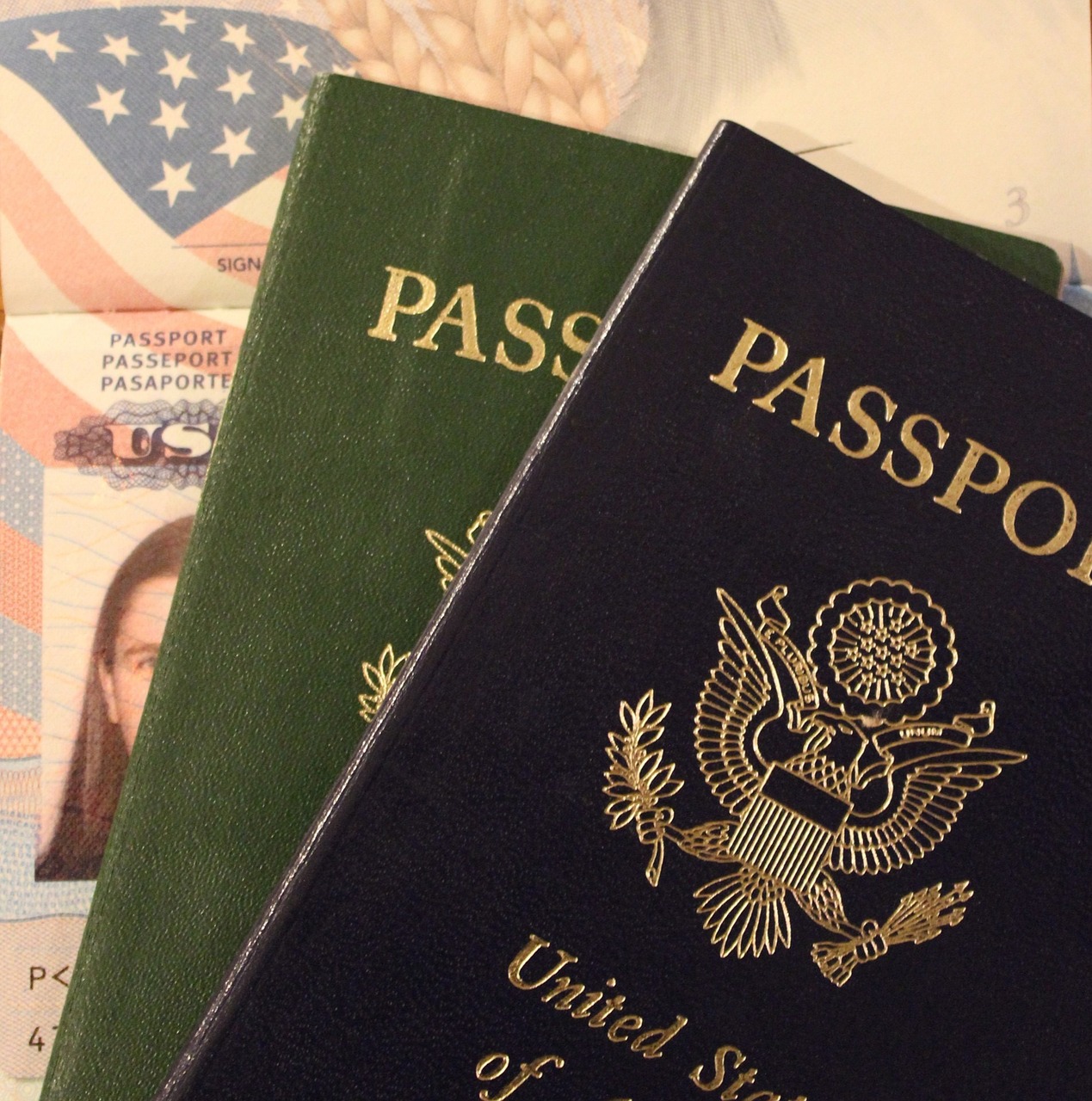It is a tense time here at the Hacking Immigration Law. The U.S. Supreme Court is set to hear oral argument next week on a very important case for several firm clients. In 2010, in a case called Padilla v. Kentucky, the Supreme Court concluded that deportation is often the harshest sanction that befalls immigrant defendants who plead guilty to certain criminal defenses. The Court held that if an attorney provided inaccurate advice to the immigrant defendant and the defendant then pleaded guilty, that if ICE began deportation proceedings against the defendant, the defendant could go back to the sentencing court and have their guilty plea set aside. The case represented a sea change in immigration law as numerous courts had concluded that deportation was a "collateral consequence" and that therefore the criminal defense attorney had no obligation to advise their immigrant clients of the negative immigration consequences of a plea.
In Padilla, the Supreme Court ducked one important issue - namely, whether its decision in that case was to apply retroactively. With ICE combing over old criminal records to find aliens who might be eligible for deportation, removal cases have been brought against immigrants for convictions that occurred long ago. These immigrants have gone back to the criminal court and asked to have their guilty pleas withdrawn and their convictions vacated. One of the main arguments that prosecutors have used in trying to keep the convictions in place is their contention that Padilla was not to apply retroactively.
Based on some longstanding constitutional precedent, some courts have held that Padilla is to apply retroactively. Others have concluded that it does not and refused to set aside the conviction. Because of the wide split and the different decisions from across the country, the Supreme Court agreed to decide the issue.
The case to be heard next week is Chaidez v. United States. In that case, Ms. Rosalda Chaidez has been a lawful permanent resident since 1977. In 2003, on the advice of counsel, she pled guilty to participating in a mail fraud scheme which generated $26,000 in illegal income. She received four years probation. In 2009, she applied for citizenship. Her conviction was discovered and she was placed in deportation proceedings. Ms. Chaidez then went back to the sentencing court, claiming that her attorney never told her that she could be deported as the result of the plea. The district court concluded that because the Supreme Court did not institute a "new rule" when adopting its holding in Padilla, that the rule was to be applied retroactively. A divided Seventh Circuit Court of Appeals in Chicago reversed. The Supreme Court agreed to hear the case this term.
This is a very important case for several of our present clients. We have one client in Minnesota who pled guilty in 2001 to witness tampering charges. Like Ms. Chaidez, he was placed in removal proceedings after applying for naturalization. Although the trial judge in Minnesota concluded that our client had not received accurate information regarding the likelihood of deportation at the time of his plea, the judge also concluded that Padilla did not apply retroactively. This case is currently headed to the Minnesota Supreme Court for an appeal.
In a second case, our client pleaded guilty to a fraud charge in 2007 and was deported in 2008. We are trying to get his conviction set aside, arguing that Padilla applies retroactively and that his conviction should be vacated because his criminal defense attorney told him that he would not be deported as the result of his guilty plea.
So everyone at our firm will be listening to oral argument next week. It is our hope that the Supreme Court follows its own precedent and concludes that its decision in Padilla is to be applied retroactively. As always, it will definitely be interesting.








